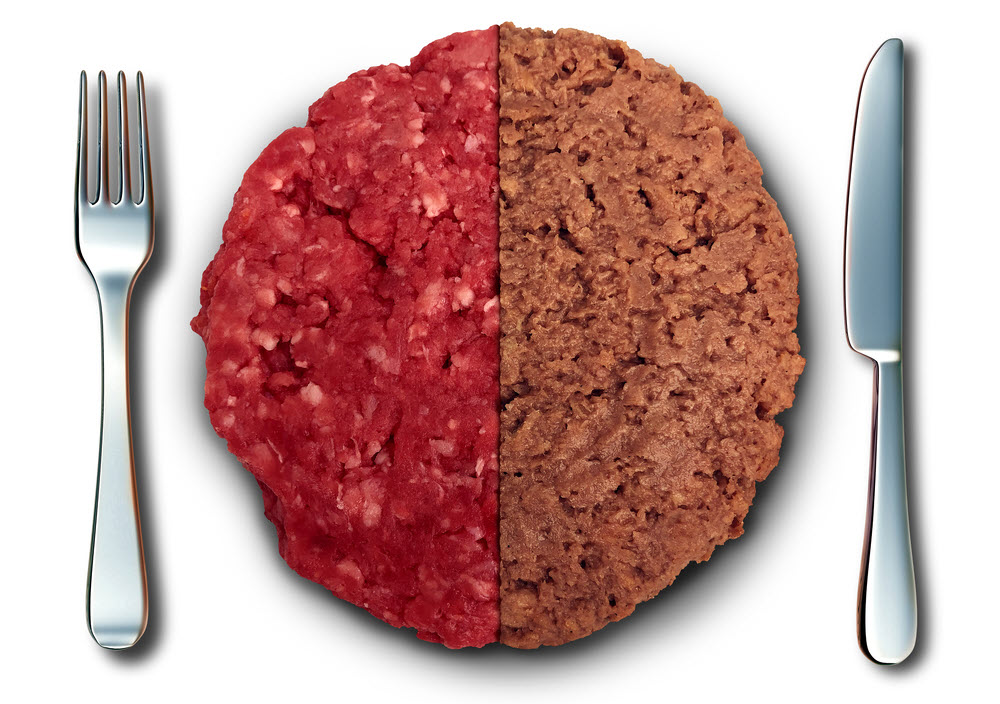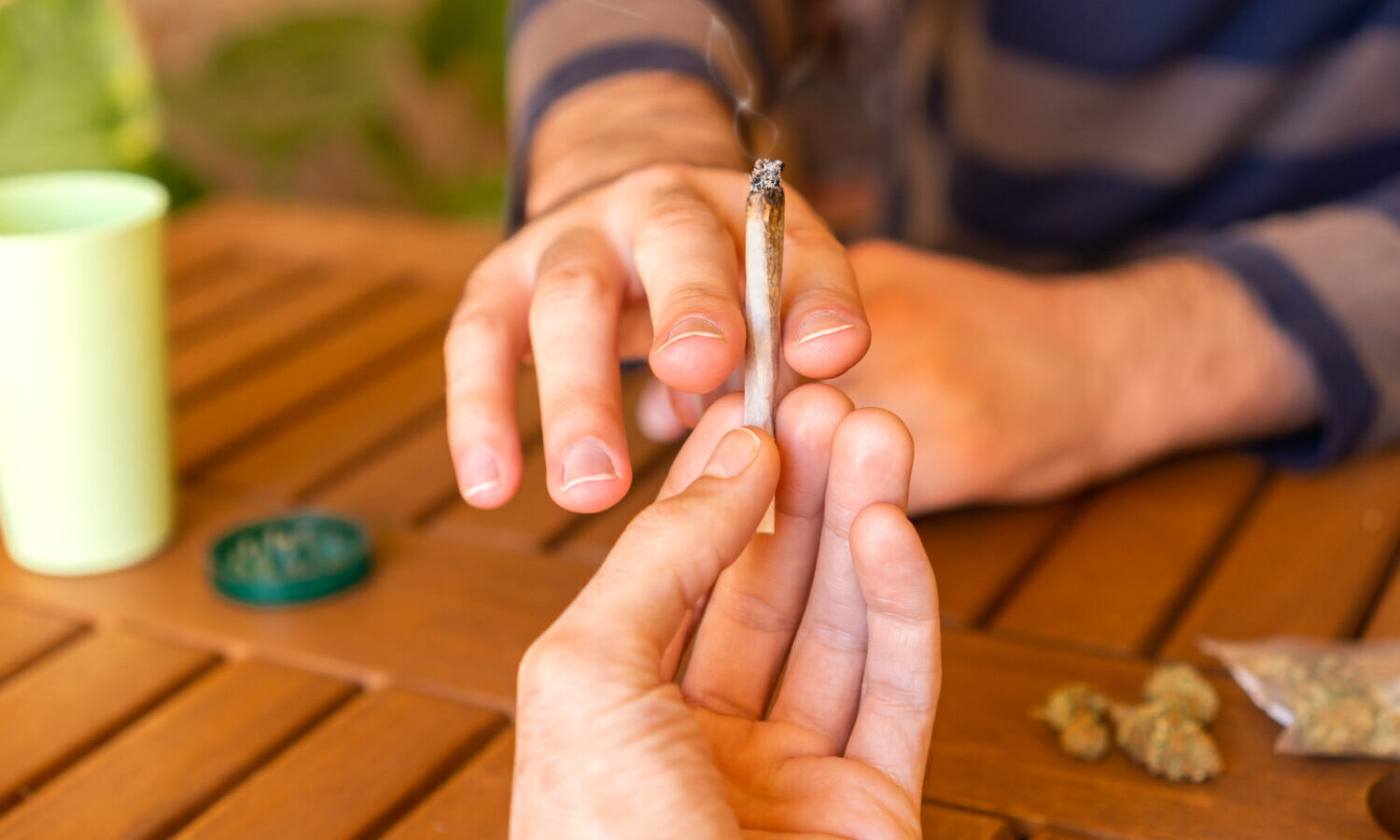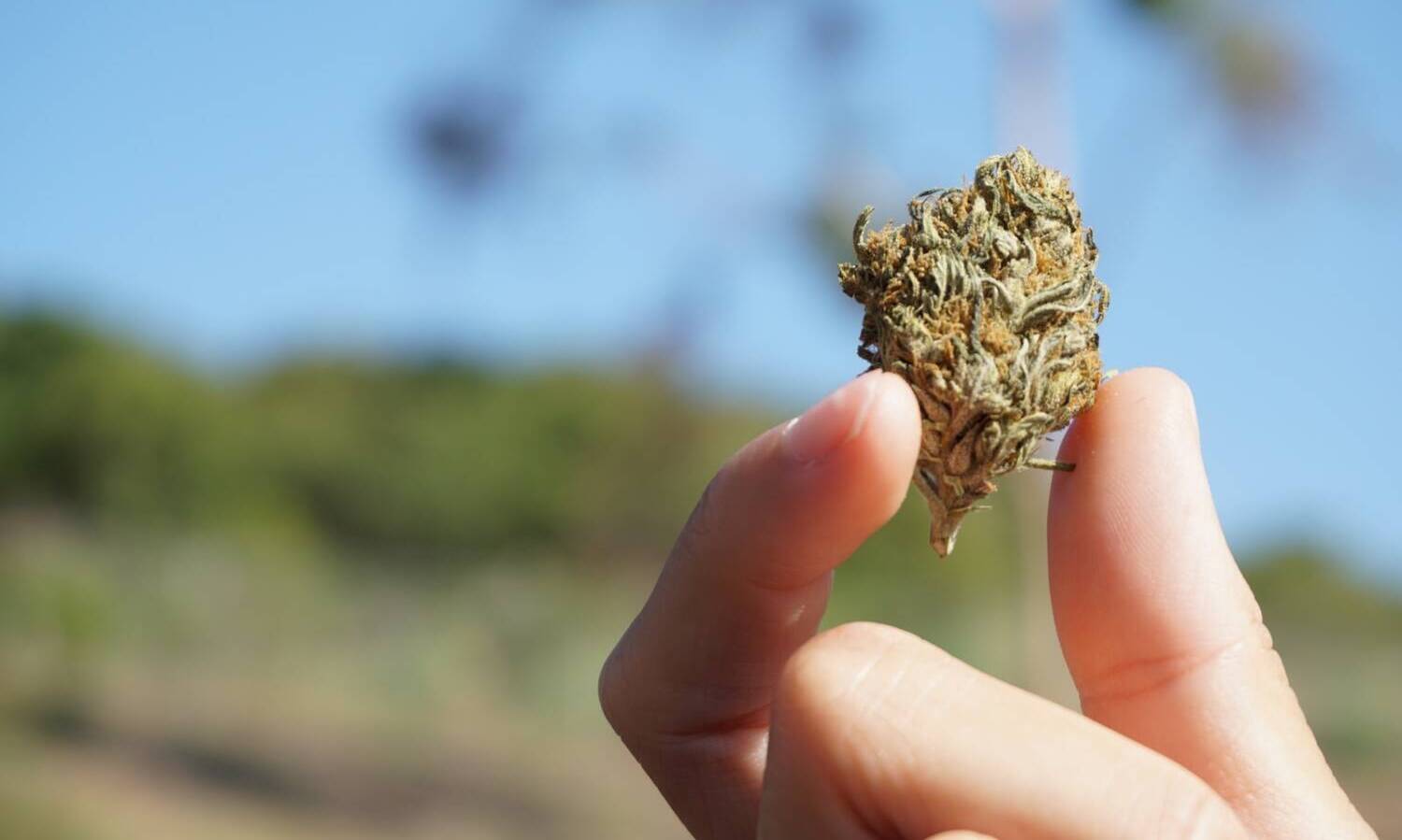
Is Delta-8 THC Actually Synthetic or Natural? (And why it matters!)
This article originally appeared on Cannabis.net and has been republished with permission.
Many people are at a loss as to the current state of affairs regarding delta-8-THC. This is a cannabinoid that can be naturally extracted from the cannabis plant. Still, some people are concerned, thinking it might be synthetic.
Unfortunately, even delta-8 THC users are among those people who don’t fully understand the compound and wonder if it’s synthetic or natural due to the high level of danger posed by other synthetic cannabinoids.
Given all the problems associated with synthetic THC in the past, could Delta-8 be the same?
What is Delta 8?
Delta-8 is a cannabinoid in cannabis that has gained popularity due to its similarity to delta-9-THC, the main ingredient in marijuana, which gets you high and causes euphoria, symptom relief, sedation, happiness, and more. Large amounts of THC can be found in most cannabis strains.
The scientific name of delta-8-THC is delta-8-tetrahydrocannabinol. Others simply call it “D-8”. The effects of delta-8-THC are comparable to regular delta-9-THC. However, they are much less effective.
Photo by Oksana Smith/EyeEm/Getty Images
Is Delta-8 THC natural?
Delta-8 THC is a compound that occurs naturally in cannabis and hemp plants without human intervention. Because of this, it can be considered a completely natural cannabinoid and not synthetic. However, some people believe it was man-made since it is found in small amounts in marijuana plants and requires a special process to make a consumable available.
The process of making delta-8 THC, in most cases, involves extracting cannabidiol (CBD) from hemp plants, which is legal at the federal level, and converting it to delta-8 THC using an acid conversion. The concentration of CBD in hemp is far higher than that of delta-8 THC, so producers can achieve high yields of delta-8 THC with this process, making the production of delta-8 THC financially feasible.
However, to produce a large amount of delta-8 THC, you would need to intervene in the process; the compound itself occurs naturally in the cannabis plant.
What is a synthetic cannabinoid?
The CB1 and CB2 receptors in the endocannabinoid system are stimulated by both natural and synthetic cannabinoids. There are no synthetic cannabinoids in nature. They wouldn’t exist at all if they weren’t created in a lab.
JWH-018 and HU-210 are two of the most well-known non-classical cannabinoids, and both are commonly found in the herbal blend known as “Spice” or K2. These substances were considered legal a few years ago. These goods were offered by head shops as “legal highs” or “legal cannabis substitutes”. Many of these substances weren’t sure what the problem was.
RELATED: How Did Delta-8 THC Become Legal Across America?
The US government and a number of other nations opted to ban synthetic cannabinoids outright in the 2010s after numerous hospitalizations, addiction problems, and even a few deaths.
 Photo by Jose Luque/EyeEm/Getty Images
Photo by Jose Luque/EyeEm/Getty Images
The non-classical cannabinoids in this class were the most problematic. Any synthetic cannabinoid that bears no resemblance to the cannabinoids produced by plants but still has the ability to affect the endocannabinoid system is said to be nonclassical.
Because Delta-8 is a traditional cannabinoid found in nature, it is not a synthetic cannabinoid. There are currently well over 100 identified traditional, natural cannabinoids. Delta-9, Delta-8, CBD, CBN, CBG, CBDV, and THCV are some examples. On the CB1 and CB2 receptors, these cannabinoids exert a similar but typically less potent effect.
Are synthetic cannabinoids regulated?
Unsurprisingly, many synthetic cannabinoids are regulated. Nevertheless, very often fresher compounds or analogues of older compounds are presented on the market. This allows manufacturers to bypass the restrictions, at least until the new connection is also hampered.
One thing people might see as a benefit of taking synthetic cannabinoids is that they don’t show up on standard marijuana drug tests. Their cheap nature is another typical reason for their popularity.
The effects of synthetic cannabinoids
Spice and psychosis are closely linked, according to a 2019 study published in the Journal of Innovations in Clinical Neuroscience. In the study, taking the drug caused hallucinations (both auditory and visual), altered perceptions, dissociation, depersonalization, and catatonia.
RELATED: Beyond CBD and THC: The Hottest Cannabinoids and Terpenes You Should Know About
According to the study, drug-induced psychosis lasts only as long as the drug’s effects, although it is temporary. The reactions can prompt people to call emergency services. In addition, psychosis-promoting cases of drug use can have long-term psychological consequences.
That’s why it’s crucial for us to talk about whether D-8 is a manufactured substance. The drug can be avoided by susceptible individuals if they are aware of it beforehand.
So is Delta-8 THC synthetic?
The answer is no. In both hemp and marijuana, delta-8-THC is the naturally occurring cannabis component. However, to obtain any appreciable amount of this chemical, one typically needs an enormous amount of plant matter. This is the reason why some manufacturers have chosen to obtain it by synthesizing CBD (instead of delta-9-THC) rather than extracting it directly from hemp.
 Photo by Elsa Olofsson via Unsplash
Photo by Elsa Olofsson via Unsplash
RELATED: What it’s like to get high from delta-8 THC versus regular THC
Although this process is quite expensive, it’s still much more affordable and convenient than extracting Delta-8 directly from hemp. While it may sound artificial, it isn’t. Cannabis breeders are in the process of crossing different cannabis strains to achieve a more significant Delta-8 yield, making Delta-8 more convenient, durable, and legal for everyone involved.
bottom line
Delta-8-Tetrahydrocannabinol is very natural as it is extracted directly from the cannabis plant itself. The confusion over whether it’s synthetic or not comes into play when humans are involved in the mass production of THC. Does it matter if it’s synthetic or not? You would need to look at the effects that can be achieved through synthetic cannabinoids. But we needn’t worry as Delta-8-THC is completely safe to consume.
This article originally appeared on Cannabis.net and has been republished with permission.

Post a comment: